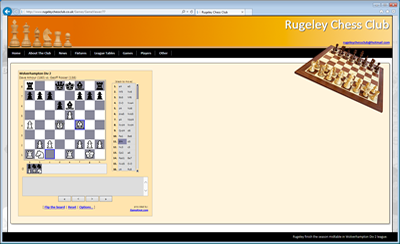Collection Classes in .net - the SortedList
This is the tenth part of an article on collection classes in .net with C#. This part covers the SortedList.
For the first part see http://www.audacs.co.uk/ViewPage.aspx?PageID=512
For the next part on the StringDictionary see http://www.audacs.co.uk/ViewPage.aspx?PageID=523
There are two versions of this class. The original one and the newer generic version.
These are both found at:
The SortedList keeps the items sorted in order of the key. It contains a collection of DictionaryEntry objects which have a key and a value;
Items in the SortedList are accessible by the key or by index as follows:
The output from this program looks like this.

The generic version looks a bit different buy yields the same output:
So you can see that there are a few differences between the generic and non generic version. The non generic version is a collection of DictionaryEntry objects but the generic version is a collection of KeyValuePair<T, T> objects.
Both allow item retrieval by key or index.
Thats really all there is to the SortedList other than a note on sorting:
The elements of a SortedList object are sorted by the keys either according to a specific IComparer implementation specified when the SortedList is created or according to the IComparable implementation provided by the keys themselves. In either case, a SortedList does not allow duplicate keys.
For the next part on the StringDictionary see http://www.audacs.co.uk/ViewPage.aspx?PageID=523

















